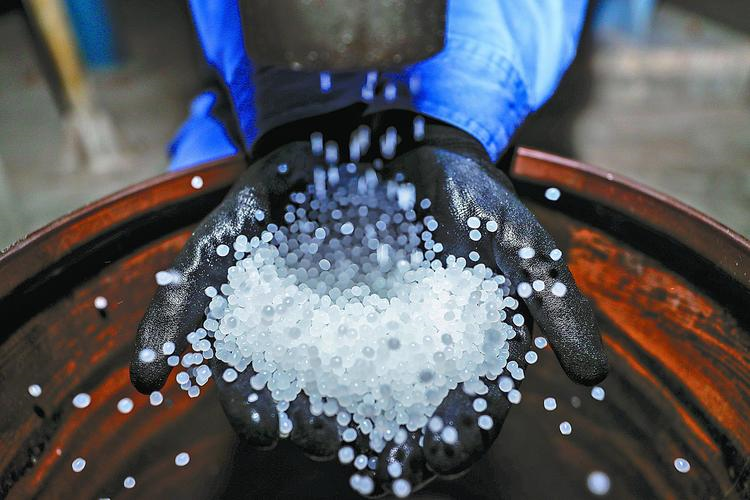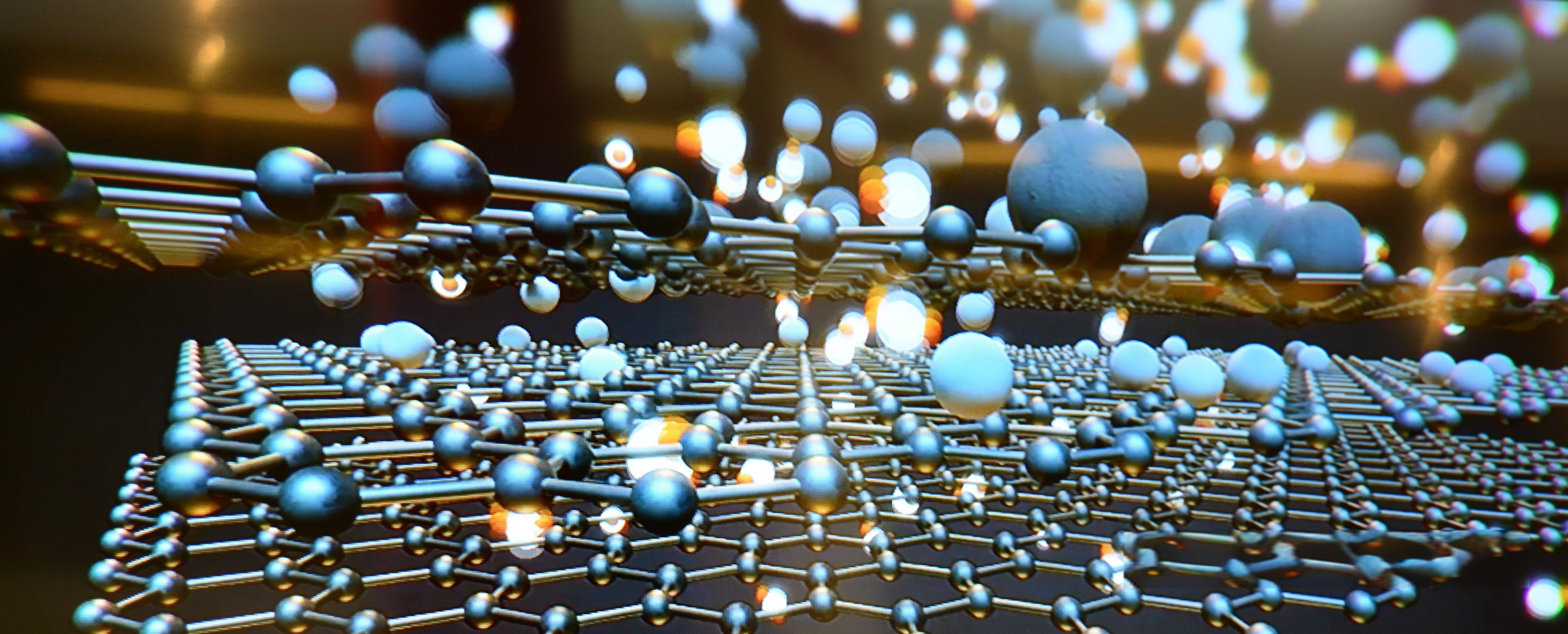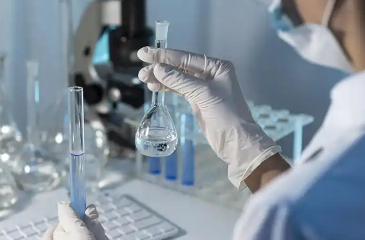1,4-Divinylbenzene: A Key Compound in Polymer and Resin Synthesis
1,4-Divinylbenzene (DVB) is a vital compound in the production of polymers and resins, playing a central role in creating strong, durable materials. It is widely valued for its ability to extend polymer chains, enhancing flexibility and resilience. This makes DVB indispensable for manufacturing a variety of products, including plastics and adhesives. In addition to improving the stability and performance of these materials, DVB’s function as a chain extender ensures that polymers possess the desired properties for diverse applications. Ultimately, DVB is essential in the development of high-performance polymers and resins across multiple industries.
Chemical Structure and Properties
Molecular Structure of 1,4-Divinylbenzene
1,4-Divinylbenzene (DVB) consists of a benzene ring with two vinyl groups attached to opposite carbon atoms. This structure allows DVB to bond with other molecules, forming long polymer chains. The arrangement of the vinyl groups makes DVB a versatile building block in polymer chemistry.
Key Physical and Chemical Properties
DVB is a white to light yellow powder with a molecular weight of 130.19 g/mol. The purity of DVB supplied by UniVOOK Chemical is at least 99%. Classified as an industrial-grade chemical, DVB is stable and reactive during polymerization, making it suitable for a wide range of industrial applications.
Stability and Reactivity in Polymerization Processes
DVB is stable under standard conditions, making it easy to handle and store. During polymerization, DVB reacts by opening its vinyl groups, forming strong bonds with other monomers. This reaction is crucial for producing robust and durable polymers, with DVB ensuring that the polymerization process is efficient and results in high-quality polymers.
UniVOOK Chemical‘s 1,4-Divinylbenzene
UniVOOK Chemical supplies DVB as an intermediate for the production of ion exchange resins, photoresist polymers, crosslinked fibers, coupling agents, and conductive polymers. Additionally, DVB is used in the pharmaceutical industry and serves as an initiator for the polymerization of various copolymers. In organic synthesis, DVB functions as a bifunctional styrene monomer. UniVOOK manufactures and distributes a range of styrene derivatives, with a total production capacity of 6,000 metric tons, ensuring a reliable supply for industrial use.
Role of 1,4-Divinylbenzene in Polymer Synthesis
Application in Crosslinking Reactions
DVB is commonly used in crosslinking reactions, where it links polymer chains together. This crosslinking creates a network that significantly enhances the material’s strength and stability. Crosslinked polymers are less likely to dissolve or deform, making them ideal for various demanding applications.
Impact on Polymer Network Formation and Properties
In polymer synthesis, DVB helps create a strong, interconnected polymer network that improves mechanical properties, such as hardness and wear resistance. It also increases the thermal stability of polymers, enabling them to withstand higher temperatures without degradation.
Use in Producing High-Performance Resins and Plastics
DVB is crucial for producing high-performance resins and plastics. These materials are designed for demanding applications that require exceptional durability and reliability, such as automotive parts, electronics, and construction materials. The presence of DVB ensures the materials perform well in long-term, high-stress environments.

Polymeric Chain Extender
Definition of a Polymeric Chain Extender
A polymeric chain extender is a chemical that connects polymer chains, increasing their length and strength. Chain extenders improve various polymer properties, including mechanical strength and elasticity, thus enhancing overall performance.
How 1,4-Divinylbenzene Acts as a Chain Extender in Polymers
DVB acts as a chain extender by linking polymer chains via its vinyl groups. This process forms bridges between chains, increasing the polymer’s molecular weight and enhancing its strength and durability. The bifunctional nature of DVB allows it to bond to multiple chains simultaneously.
Enhancement of Molecular Weight and Polymer Mechanical Properties
By extending polymer chains, DVB increases the molecular weight of polymers, which in turn improves their mechanical properties, such as tensile strength and toughness. This results in polymers that are more resistant to breaking under stress or strain.
Use in Improving the Toughness and Elasticity of Polymers
DVB enhances the toughness and elasticity of polymers. Toughness refers to a material’s ability to absorb energy and resist fracture, while elasticity allows materials to return to their original shape after deformation. DVB-extended polymers can stretch and bend without breaking, making them more flexible and resilient.
Applications in Industry
Use in Producing High-Strength Polymers and Copolymers
DVB is essential for manufacturing high-strength polymers and copolymers, which are required in industries where durability and reliability are critical. These materials are commonly used in automotive, aerospace, and construction applications. Copolymers with DVB offer tailored properties for specific industrial needs.
Role in the Creation of Durable Coatings, Adhesives, and Plastics
DVB plays a pivotal role in the production of durable coatings, adhesives, and plastics. In coatings, it provides resistance to chemical and physical wear. As an adhesive, DVB ensures strong bonding between surfaces. In plastics, DVB enhances strength and longevity, making the materials suitable for various everyday products.
Influence on Resin Formulations for Various Applications
DVB improves resin formulations by enhancing heat, chemical, and mechanical stress resistance. This makes DVB-modified resins ideal for demanding applications in electronics, automotive, and construction industries, offering improved performance and extended service life.
Synthesis of 1,4-Divinylbenzene
Common Synthesis Methods
DVB is commonly synthesized through the dehydrogenation of ethylbenzene or the alkylation of benzene with ethylene. These methods introduce vinyl groups to the benzene ring, and the choice of synthesis method depends on factors such as cost, efficiency, and desired purity.
Industrial-Scale Production Techniques
On an industrial scale, DVB is typically produced using continuous-flow reactors to ensure consistent quality and high yields. The production process involves steps like purification and stabilization to achieve the required purity of at least 99%. Advanced techniques are used to minimize by-products and optimize overall efficiency.
Challenges and Considerations in Manufacturing
Manufacturing DVB presents several challenges, including controlling reaction conditions to ensure high purity and yield. Key factors such as temperature, pressure, and catalyst selection must be carefully managed. Additionally, controlling by-products and ensuring compliance with environmental standards are critical considerations. Efficient purification methods are necessary to meet industrial requirements.
In Closing
1,4-Divinylbenzene (DVB) is essential for making strong and durable polymers and resins. It helps link polymer chains, which increases their strength and flexibility. DVB is widely used in industries such as plastics, adhesives, and coatings. UniVOOK Chemical provides high-quality DVB that meets industrial needs. By acting as a chain extender and participating in crosslinking reactions, DVB improves the performance of various materials. Overall, DVB plays a key role in producing reliable and long-lasting polymer products used in many different applications.
Access Our Product Catalog and More to Discover High-Performance Chemicals Tailored to Your Business Needs





